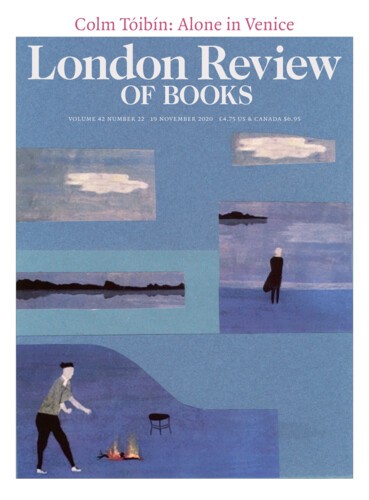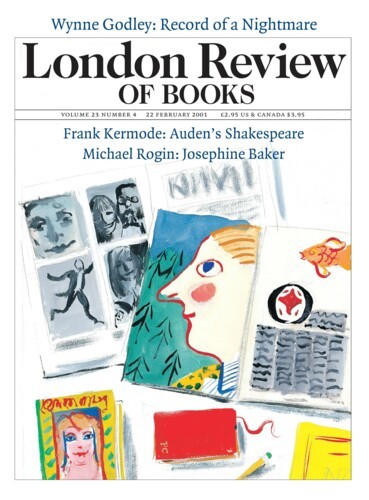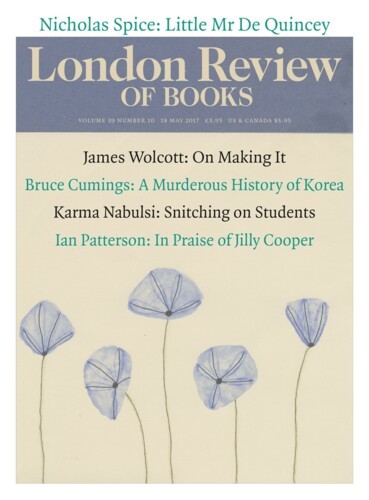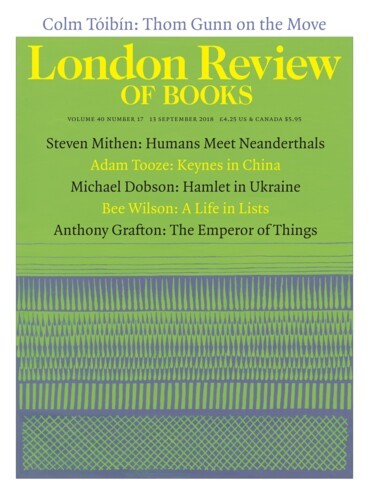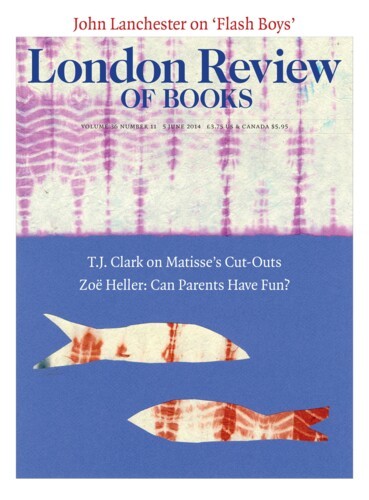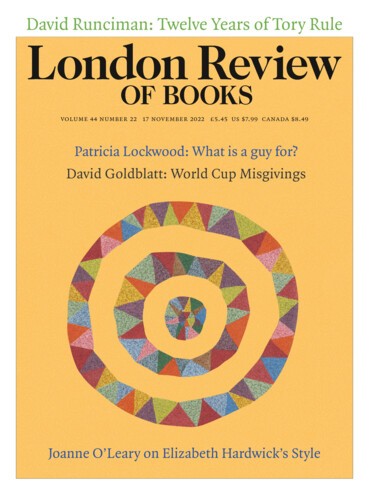Poem: ‘Oh What A Night (Alkibiades)’
Anne Carson, 19 November 2020
A symposium was usually a gentleman’s drinking party. This is an unusual one. It has been going on for hours with no drinking. The participants agreed at the outset to forego wine in favour of entertaining one another with speeches in praise of love.
